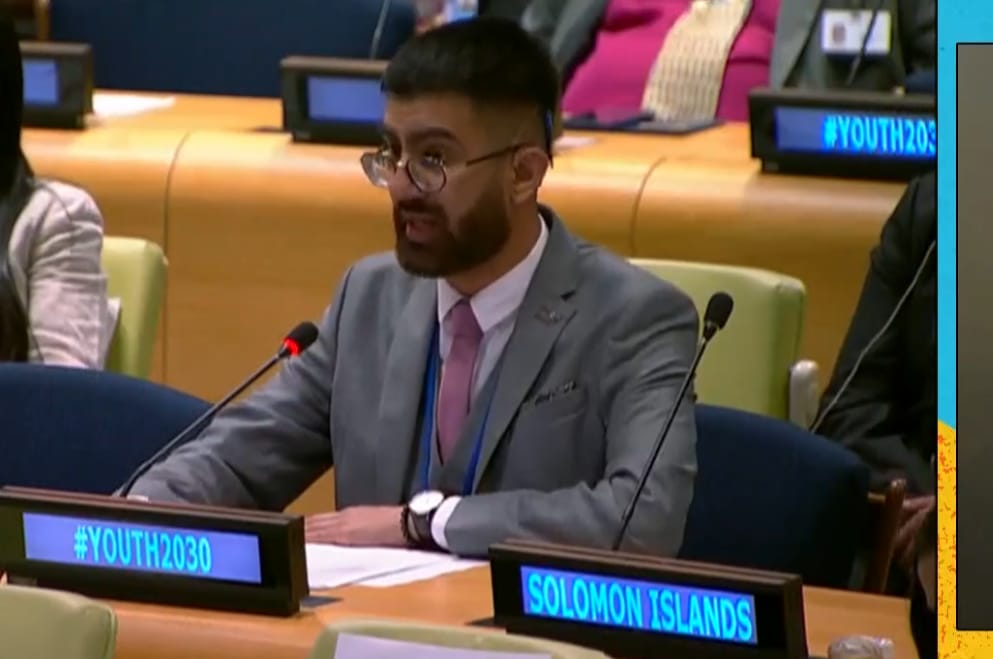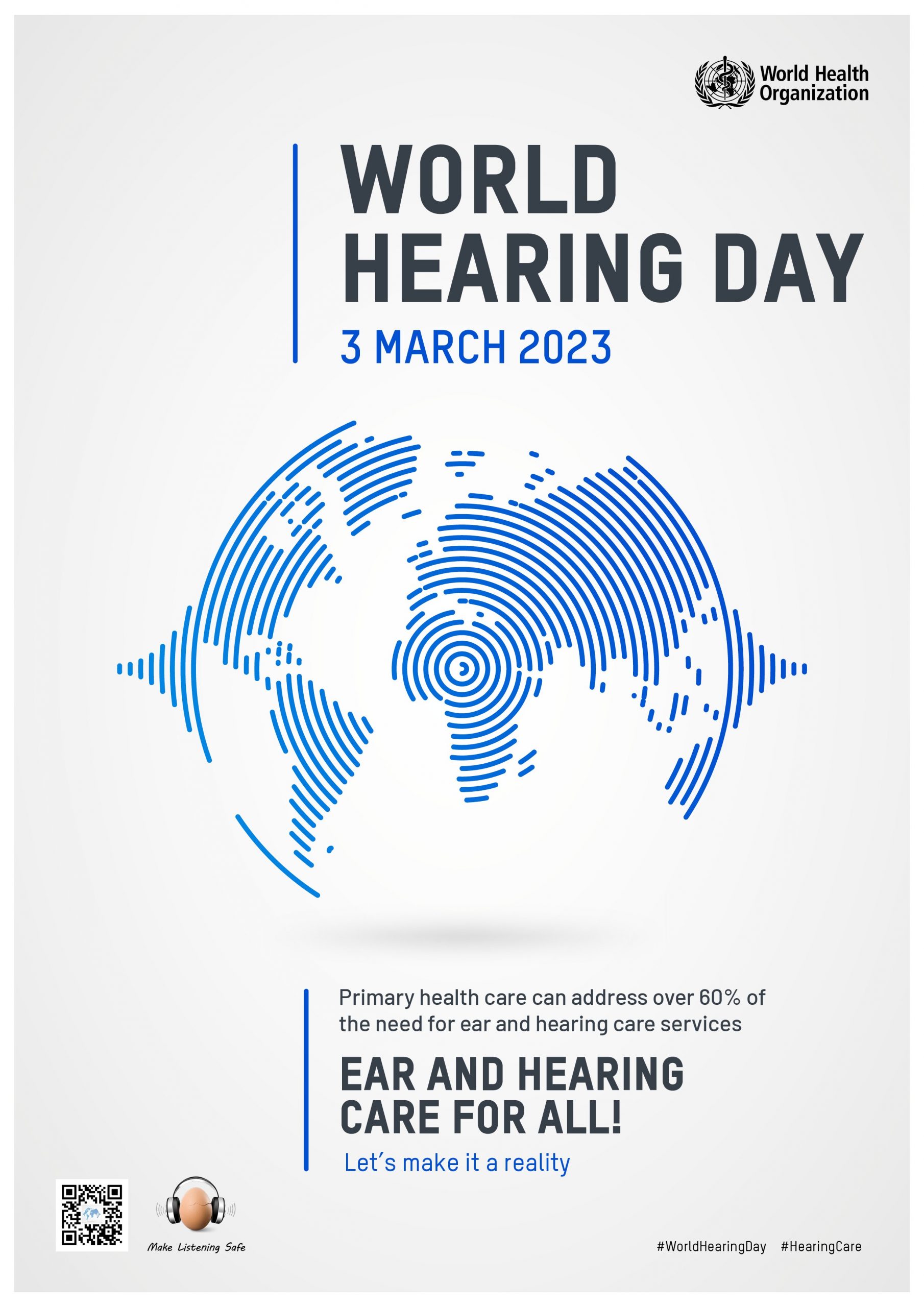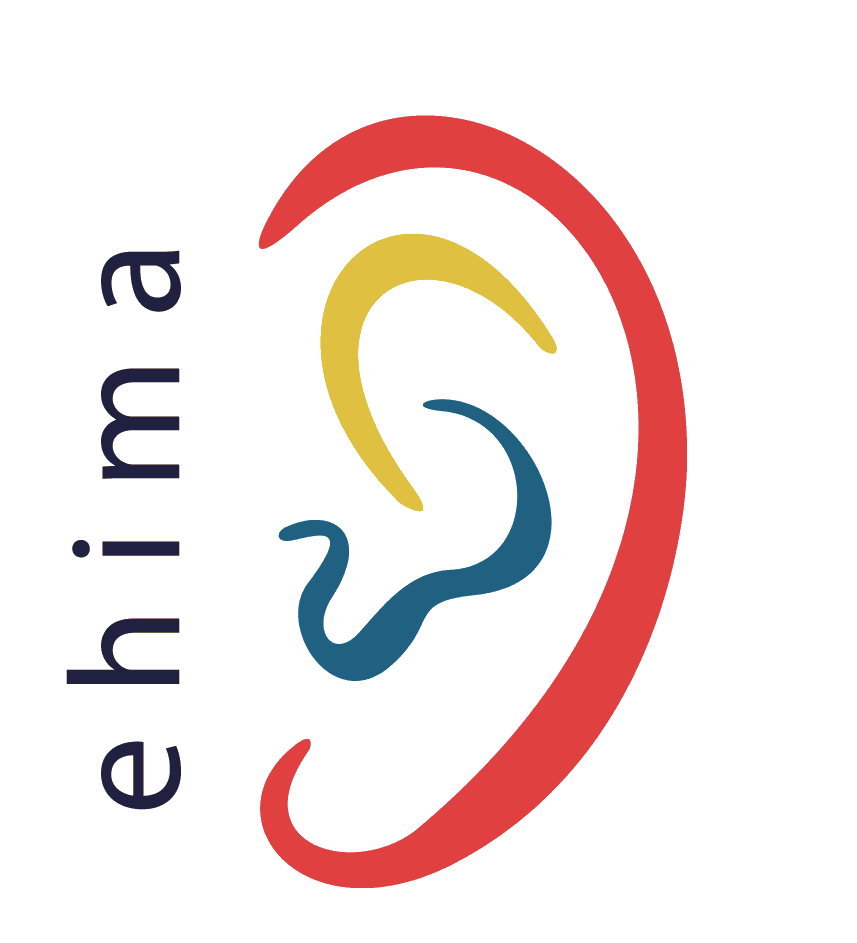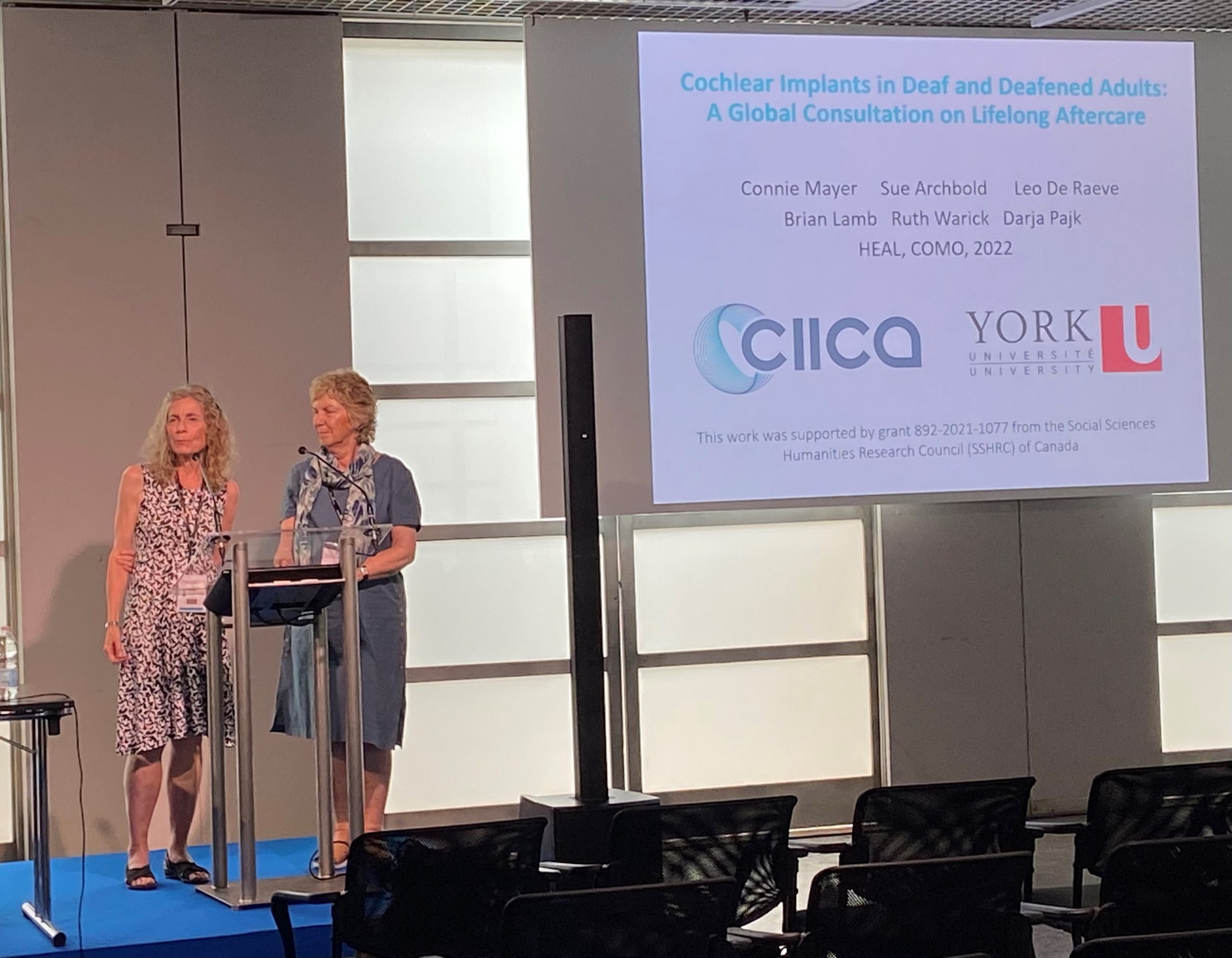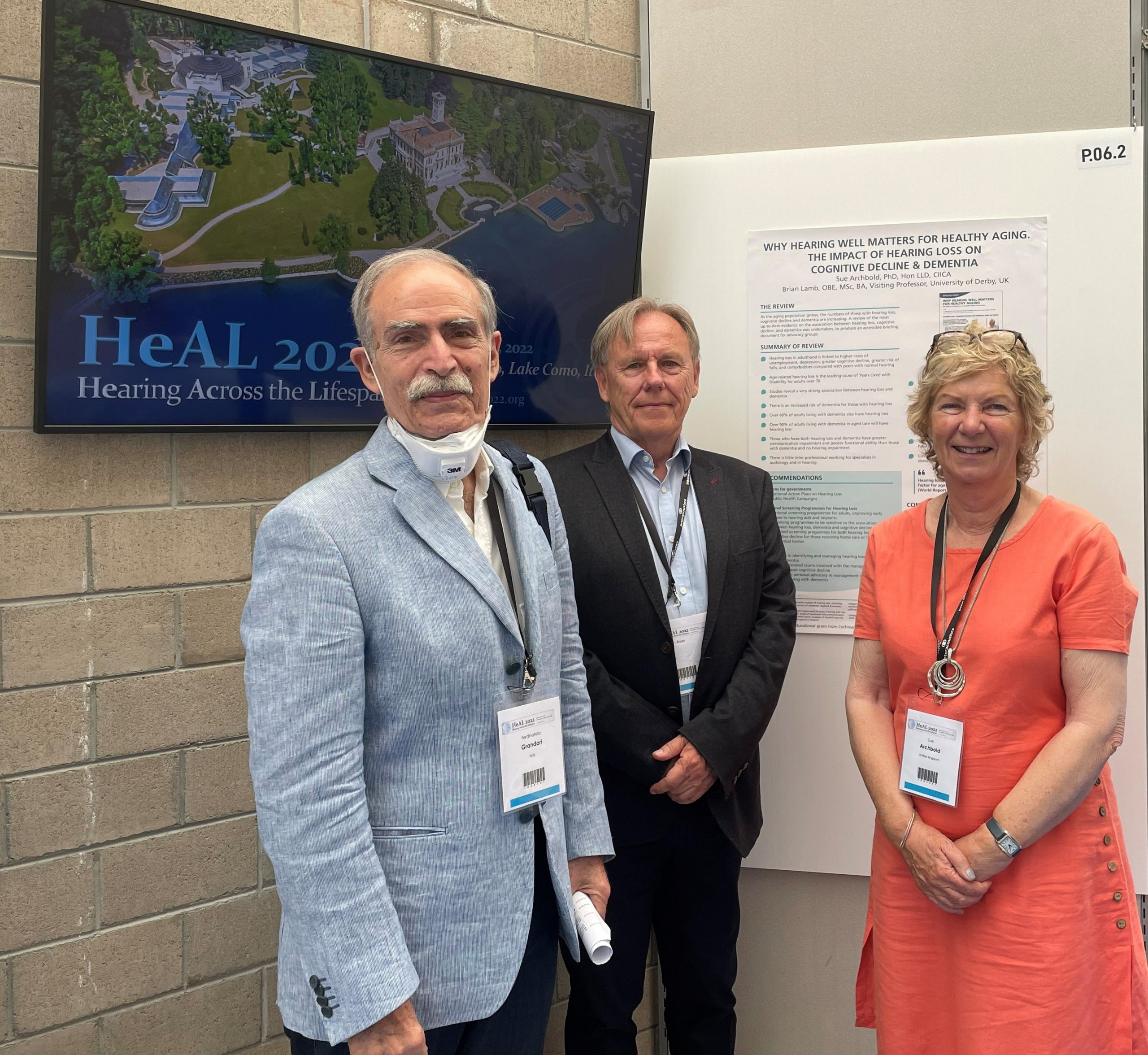View previous CIICA newsletters
Young deaf people with CI meet up in London to share advocacy stories
The Malala Foundation and Cochlear Foundation brought together five young people with CI from across the globe to London to share their advocacy stories and inspire each other to further action. These young people represented 163 others who had responded to Achieve Anything programme and are examples of the first group of young deaf people growing up with CI. They […]
Deaf Cochlear Implant User advocates at the United Nations for inclusive cities for all
The United Nations Youth Forum gave Qais Khan, a board member of CIICA, the unique opportunity to advocate as a young deaf person with a CI – and to ensure that people listened to what is needed to make cities accessible and sustainable and safe for all. Thanks to Bowen Tang and International Federation of […]
EUROCIU: XIII SYMPOSIUM WITH OPCI, ONICI
Opening the XIII EUROCIU Symposium in Rotterdam, President Teresa Amat welcomed a packed auditorium to an inspiring conference, where accessibility was key. She emphasised the close work with CIICA and members of CIICA were very happy to contribute to this exciting event and to meet up in person with so many people!


